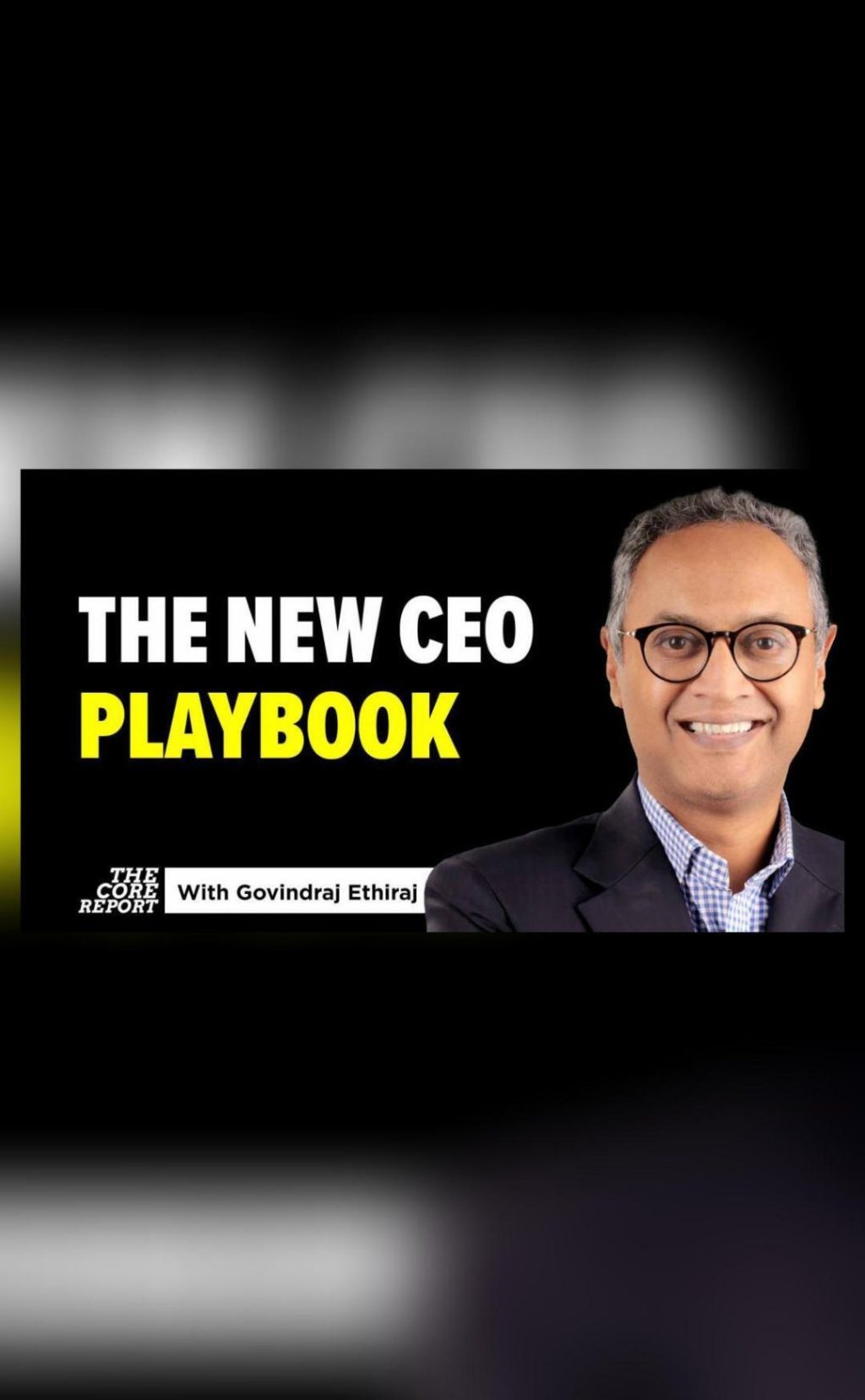
The New CEO Playbook: AI Pressures & Global Tariff Shocks
The business landscape has undergone a seismic shift in recent years, with artificial intelligence (AI) reshaping industries and global tariff shocks disrupting trade. For CEOs, this new reality presents unprecedented challenges, requiring a fundamental rethink of strategy and operations. In this blog post, we’ll explore the pressures AI and tariff shocks are placing on global CEOs and offer insights on how they can adapt and thrive in this uncertain environment.
Internal Pressures to Automate and Innovate
The rise of AI has created significant internal pressures on CEOs to automate and innovate. As machines become increasingly intelligent, companies are facing an existential threat to their business models. According to a McKinsey report, up to 800 million jobs could be lost worldwide due to automation by 2030. This has led to a sense of urgency among CEOs to invest in AI and digital transformation to stay ahead of the competition.
The pressure to innovate is also driven by the need to attract and retain top talent. In a survey by Deloitte, 77% of CEOs reported that attracting and retaining top talent was a major challenge, with 64% citing the need to provide innovative work experiences. AI-powered technologies are seen as a key way to achieve this, enabling companies to offer more flexible and personalized work arrangements.
External Pressures: Tariff Shocks and Shifting Trade Policies
In addition to internal pressures, global CEOs are facing external challenges from tariff shocks and shifting trade policies. The ongoing trade war between the US and China, as well as the UK’s departure from the EU, have created uncertainty and volatility in global trade. This has led to increased costs, supply chain disruptions, and reduced global trade volumes.
The impact of tariff shocks is felt across industries, from manufacturing and logistics to retail and services. According to the World Trade Organization (WTO), global trade has declined by 1.4% in 2019, with tariffs being a major contributing factor. This has forced CEOs to rethink their global supply chains, sourcing strategies, and pricing models.
The Need for Localization and Adaptation
In response to these pressures, CEOs are being forced to localize and adapt their business strategies. This involves identifying new markets, partners, and suppliers, as well as developing new products and services to meet changing customer needs.
Localization is critical in today’s global economy, where tariffs and trade policies can change overnight. Companies that are heavily dependent on imported goods or services are most vulnerable to tariff shocks. By localizing their operations, CEOs can reduce their reliance on imports, mitigate the impact of tariffs, and increase their competitiveness.
Rethinking Long-Held Business Models
The pressures of AI and tariff shocks are forcing CEOs to rethink their long-held business models. This involves questioning assumptions about competition, customer behavior, and the role of technology in business.
One approach is to adopt a platform-based business model, where companies create platforms that connect buyers and sellers, or provide access to products and services. This enables companies to reduce their dependence on traditional revenue streams and create new sources of income.
Another approach is to focus on customer experience and loyalty. By developing personalized relationships with customers, companies can build loyalty and retain customers even in the face of tariff shocks or trade disruptions.
Conclusion
The new CEO playbook is clear: AI pressures and global tariff shocks require a fundamental rethink of strategy and operations. To thrive in this uncertain environment, CEOs must be willing to localize, adapt, and reconsider their long-held business models. By embracing these changes, CEOs can position their companies for long-term success and navigate the complexities of a rapidly changing world.
Source:






